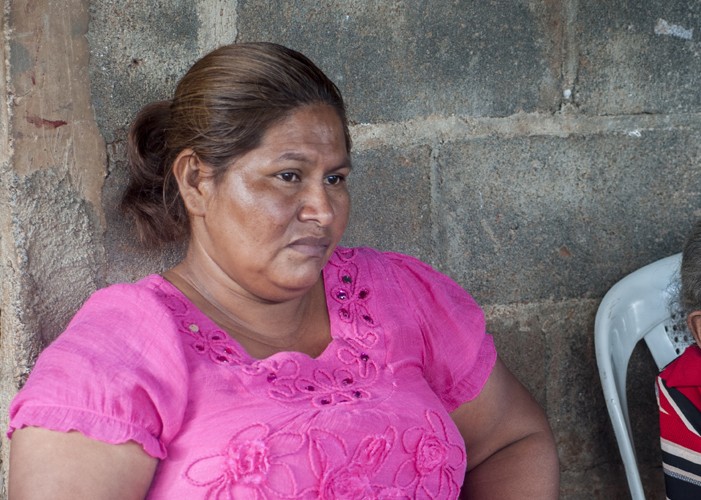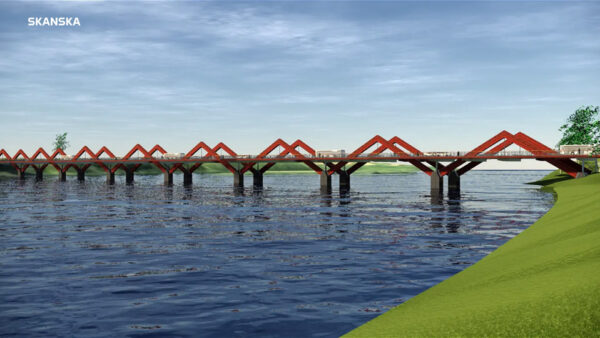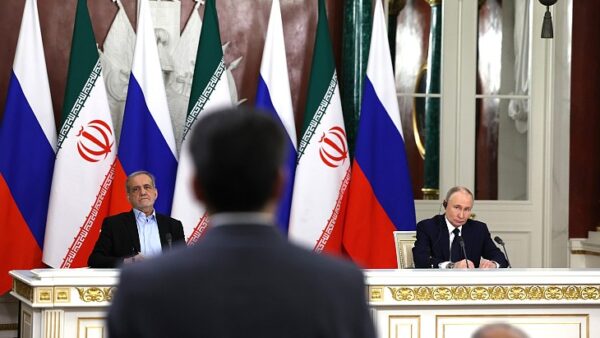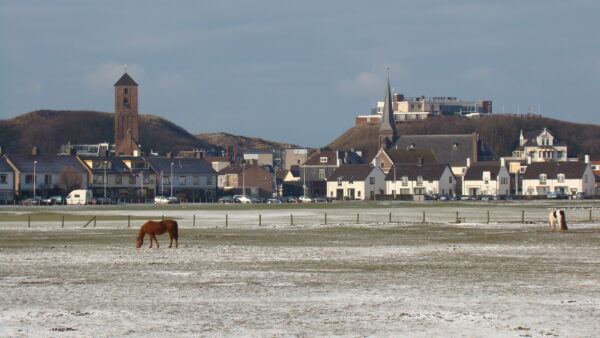Urging respect for the rule of law, democracy and human rights, the European Parliament has slammed Nicaragua for its treatment of people criticising the $50bn transoceanic canal being developed by a Chinese company.
The parliament specifically took up the case of anti-canal activist Francisca Ramirez (pictured), who it says has been intimidated, arbitrarily detained, and whose family members have been violently attacked.
Rights group Amnesty International spoke up for Ramirez in December 2016.

Harrassed: Francisca Ramirez, Coordinator of the National Council for the Defence of Land, Lake and Sovereignty (La Prensa)
Ramirez, coordinator of the National Council for the Defence of Land, Lake and Sovereignty, is leader of a group of indigenous peoples and small farmers who want the government of Daniel Ortega to repeal the law that gave extraordinary powers to the Chinese company, HKND, to expropriate land to build the canal and profit from it for 100 years.
Between 30,000 and 120,000 people would be forced from their farms if the massive project goes ahead. Campaigners say the people were not consulted over the scheme.
On 16 February the European Parliament passed a resolution demanding that the Ortega government comply with international obligations on the rights of indigenous peoples and respect human rights and democratic values.
It noted that journalists in Nicaragua face harassment, intimidation and detention, and have received death threats.
Ortega’s government was urged to “refrain from harassing and using acts of reprisal against Francisca Ramirez and other human rights defenders for carrying out their legitimate work”, and to “end the impunity of perpetrators of crimes against human rights defenders”.
In Nicaragua the resolution was dismissed by the government’s human rights prosecutor, Adolfo Jarquin, who dismissed it as part of a disinformation campaign by activists and government opponents, reports the Associated Press (AP).
Jarquin said human rights “are a reality and are improving in Nicaragua” and complained of “distorted” information aimed at an international audience, AP reported.
Ramirez has denied her movement has any political goal apart from repealing Law 840, which was passed by Nicaragua’s national assembly in June 2013 without any prior public consultation or debate.
Questions persist over the financial viability of the 276-km-long canal.
A ceremony to launch construction was held in December 2014, but full construction has been delayed.
Further Reading:
Comments
Comments are closed.











When we see the present state of the EU are they not just trying to redirect world attention away from so much “bad news” on home ground? However, Nicaragua has Panama most probably already contemplating yet another expansion, in order to fully meet international shipping company’s ever growing needs, ahead of any future competition by way of the proposed Nicaragua Canal! Certainly the EU is highlighting the human rights issue because of the China involvement which could present problems in the future!
The EU stepped in due to Amnesty International highlighting the human rights abuse towards the indigenous people trying to do the right thing, protecting their ability to keep their farms without which they could not sustain themselves. That is what the article is about
Daniel Ortega and his govt. are a disgrace to their country in the way the consequences of this project on the people affected by same have been ridden roughshod over and totally ignored, seemingly in deference to the Administration’s own direct short-term benefits. It is both right and proper that all just persons speak out against the current project proposals.